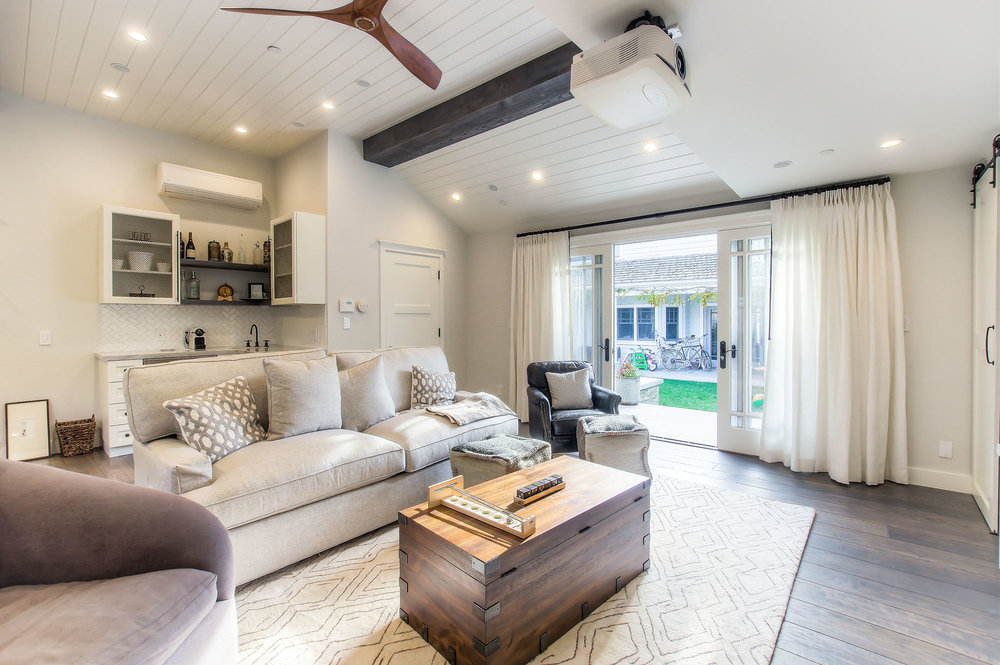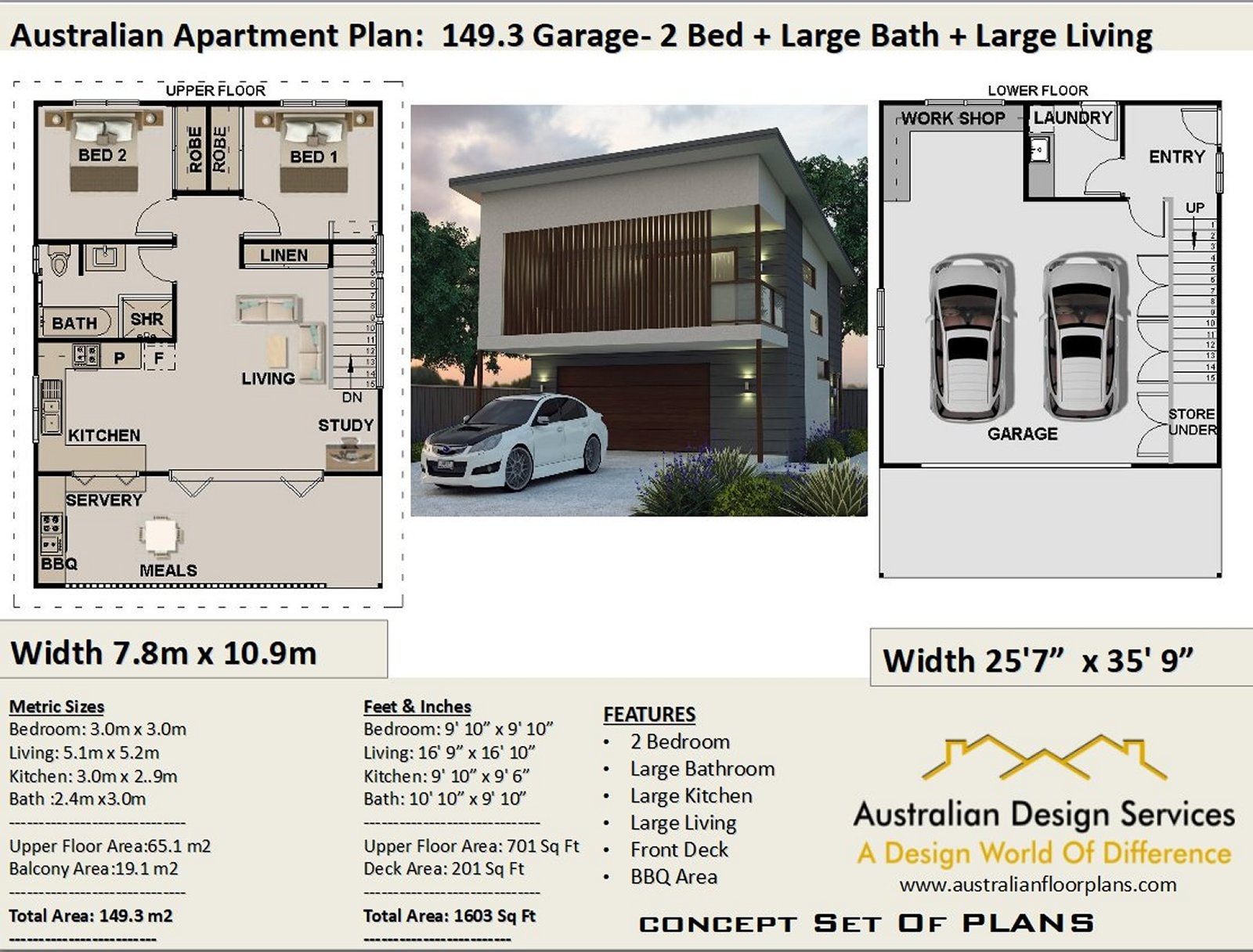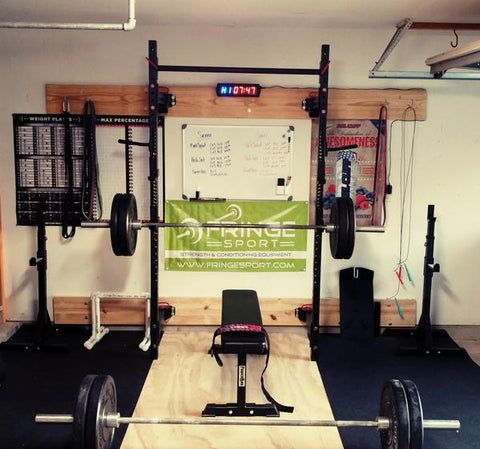
Converting a garage into a bedroom is a great way to add extra living space and increase the value of your home. It is essential to understand the costs and expectations before you begin any construction. The cost of converting a garage will depend on its size and the type of room that is being built.
Convert a Garage into a Master Bedroom
Before you can transform your garage into a bedroom, it is important to identify the room's purpose and function. For example, you might want to turn it into a second living room for entertaining family and friends, or a space where you can work from home or spend time with your kids on weekends.
You should consult professionals early in the process to help you decide if garage conversions are right for your needs. Once you have decided on the space, you can start planning and designing it.
You should consider insulating your garage and installing windows. Insulating the floor is also an option. This is a crucial step in ensuring that the space remains cool and comfortable during hot weather.

For a space to feel bright and airy, it is essential that you have the right window placement. A lot of building codes require at minimum one window to allow light in. You'll need to locate the window so that it fits into the space and code requirements.
Another option is to integrate a skylight into your room's design. This will allow natural sunlight to enter the room and block out noises from neighbors' houses and street traffic. You can also add a skylight shade or blinds to control the amount of natural light that comes into the room.
You can also make your garage a guest quarter, or an accessory dwelling unit (ADU), in addition to your bedroom. To generate additional income, a guest quarter can be rented on sites such as Airbnb.
For family and friends visiting from out-of-town, a detached apartment can make an ideal retreat. It doesn't matter if you plan to live in the garage or rent it out. Smart features such as a security camera and doorbell can help guests stay safe.
A garage can be converted into a bedroom for around $15,000, while a bathroom addition could cost up to $25,000. A simple room could be converted for as low as $15,000 and a bathroom add-on for as high at $25,000.

In order to create a comfortable bedroom, soundproofing and insulation are key components. For small spaces, you can add thick carpeting or padding to the ceiling to increase insulation and reduce outside noise.
To meet the local code requirements, you will need to install a heating system in the room and provide electrical outlets. This could include adding electric baseboard heat or extending existing conduit. You'll also need to add a smoke or carbon monoxide detector.
FAQ
What order should you renovate your house?
First, the roof. The plumbing follows. Third, the wiring. Fourth, the walls. Fifth, the floors. Sixth, the Windows. Seventh, doors. Eighth, is the kitchen. Ninth, the bathroom. Tenth, the garage.
Once you've completed these steps, you can finally get to the attic.
If you don't know how to renovate your own house, you might hire somebody who does. Renovating your own house takes time, effort, and patience. It is also expensive. You don't need to put in the effort or pay the money.
Although renovations are not cheap, they can save you a lot of money in the end. A beautiful home can make your life easier.
What is the difference between building a new home and gutting a current one?
Gutting a home removes everything inside a building, including walls, floors, ceilings, plumbing, electrical wiring, appliances, fixtures, etc. It's often necessary when you're moving to a new house and want to make changes before you move in. It is often very costly to gut a home because of all the work involved. The average cost to gut home ranges from $10,000 to $20,000, depending on your job.
Building a home is where a builder builds a house frame by frame, then adds walls, flooring, roofing, windows, doors, cabinets, countertops, bathrooms, etc. This usually happens after you have purchased lots of lands. Building a home is typically cheaper than renovating, and usually costs between $15,000-30,000.
It all comes down to what you want to do in the space. If you are looking to renovate a home, it will likely cost you more as you will be starting from scratch. It doesn't matter if you want a home built. Instead of waiting for someone to tear it down, you can make it exactly how you want.
How long does it usually take to remodel your bathroom?
A bathroom remodel typically takes around two weeks. This can vary depending on how large the job is. Smaller jobs, such as adding a shower stall or installing a vanity, can be completed in a day or two. Larger projects such as removing walls, laying tile floors, or installing plumbing fixtures may require several days.
It is a good rule to allow for three days per room. If you have four bathrooms, then you'd need 12 days.
How much does it cost for a complete kitchen renovation?
You may be curious about the cost of a home renovation.
Kitchen remodels typically cost between $10,000 to $15,000. You can still save money on your kitchen remodel and make it look better.
Planning ahead is a great way to cut costs. You can do this by choosing a design style that suits you and your budget.
Hiring an experienced contractor is another way of cutting costs. A tradesman who is experienced in the field will be able to guide you through each stage of the process.
It would be best to consider whether you want to replace or keep your existing appliances. A kitchen remodel can add thousands to the cost by replacing appliances.
It is possible to choose to buy used appliances, rather than buying new ones. Because you don't need to pay for installation, buying used appliances can help you save some money.
It is possible to save money when you shop around for materials, fixtures, and other items. Many stores offer discounts on special occasions such as Cyber Monday and Black Friday.
Is $30000 enough for a kitchen remodel?
You can expect to pay anywhere from $15000-$35000 for a kitchen overhaul, depending on how much money you have available. If you want a complete kitchen overhaul, expect to pay more than $20,000. For less than $3000, you can update appliances, add lighting, and replace countertops.
Full-scale renovations typically cost between $12,000 and $25,000. There are ways to save money but not sacrifice quality. A new sink can be installed instead of replacing an older one. This will cost you approximately $1000. You can also buy used appliances at half the cost of new ones.
Kitchen renovations are more time-consuming than other types of projects. Plan accordingly. You don't want your kitchen to be finished halfway through.
Your best bet is to get started early. Begin to look at your options and get quotes from several contractors. You can then narrow your choices by price, availability, and quality.
Once you've identified potential contractors to work with, ask for their estimates and compare the prices. The best bid may not be the most affordable. It is important to find someone who has similar work experience and will give you a detailed estimate.
Remember to include all the extras when calculating the final cost. These may include additional labor, material charges, permits, etc. Be realistic about the amount you can afford, and stick to your budget.
You can be open about your dissatisfaction with any of these bids. If you don't like the first quote, tell the contractor why and give him or her another chance. Saving money is not a matter of pride.
What's included in a complete kitchen remodel?
A full kitchen remodels more than just a new sink and faucet. You will also need cabinets, countertops and appliances as well as lighting fixtures, flooring, plumbing fixtures, and other items.
A complete kitchen remodel allows homeowners the opportunity to upgrade their kitchens without any major construction. The contractor and homeowner will be able to do the job without any demolition, which makes the project much easier.
Many services are required for kitchen renovations, such as electrical, plumbing and HVAC. A complete kitchen remodeling project may require multiple contractors depending on the size of the job.
The best way to ensure a kitchen remodel goes smoothly is to hire professionals with experience working together. Many moving parts can cause delays in kitchen remodels. DIY projects can cause delays so make sure you have a backup plan.
Statistics
- According to a survey of renovations in the top 50 U.S. metro cities by Houzz, people spend $15,000 on average per renovation project. (rocketmortgage.com)
- 57%Low-end average cost: $26,214Additional home value: $18,927Return on investment: (rocketmortgage.com)
- 55%Universal average cost: $38,813Additional home value: $22,475Return on investment: 58%Mid-range average cost: $24,424Additional home value: $14,671Return on investment: (rocketmortgage.com)
- About 33 percent of people report renovating their primary bedroom to increase livability and overall function. (rocketmortgage.com)
- $320,976Additional home value: $152,996Return on investment: 48%Mid-range average cost: $156,741Additional home value: $85,672Return on investment: (rocketmortgage.com)
External Links
How To
How can you budget for a bathroom?
It is important to be able to afford any remodeling project. You can't expect to be able pay for it later, so make sure you have enough money.
You need to be able to budget and plan for bathroom remodeling. Bathroom remodeling projects can be quite costly.
Labor is one of the largest expenses. The size of the job, as well as whether the contractor is a professional or a DIYer, will impact the labor costs. Because of their expertise and experience, professionals usually charge more than DIYers for an hour.
Materials are another significant expense. Materials can cost anywhere from $100 up to $1000 per squarefoot, depending on what material you choose.
The cost of energy is also an important factor. This includes both electric and gas bills. Peak demand will cause energy prices to rise.
You should also consider the time involved in completing the project. Bathroom renovations can take a lot time and patience. Some projects take weeks while others take months.
In addition to these three major categories, there are smaller items such as paint, wallpaper, flooring, etc., which add to the project's overall cost.
These tips will help you decide the best approach to your bathroom remodel project.
-
Determine Your Budget - Before starting any remodeling project, you should figure out what you can afford. It doesn't matter whether you believe you can afford it. It is important to establish a realistic budget so that you can see where your finances are at all times.
-
Plan ahead - Try to plan your bathroom remodeling for the off-season if you can. The winter months typically bring lower energy usage rates, meaning you will save money on heating and cooling costs. Even better, consider scheduling your remodel during the night when less people are using the restroom.
-
Shop Around - Once you have determined your budget, you need to look around for potential vendors. You have many options, including local shops, online retailers and even family members who are willing to collaborate on your project.
-
Choose An Estimator - Once you have identified all your potential vendors, you should contact each individually to get estimates. You want to make sure you get multiple quotes to ensure you are getting competitive pricing.
-
Get multiple estimates - Once you have received your initial estimates, compare them to find the best price. After you have selected the vendor, ask them for a written estimate.
-
You must include all costs when preparing estimates. Include details about fees, taxes and permits that may be required in your area.
-
Don't ignore the small details. While you are planning your bathroom renovation, you must also consider the finer points. You might need a new toilet. Is there space for a curtain rod to hang from the shower? These modifications can easily increase your project's cost.
-
Consider insurance - Your bathroom remodel will have a significant impact on your insurance coverage. You could end up paying more if you don't.
-
Hire a professional - After your bathroom remodel is completed, hire a professional installer to finish the job. Although you may be capable of doing the job yourself it is easier to hire someone to do it correctly.